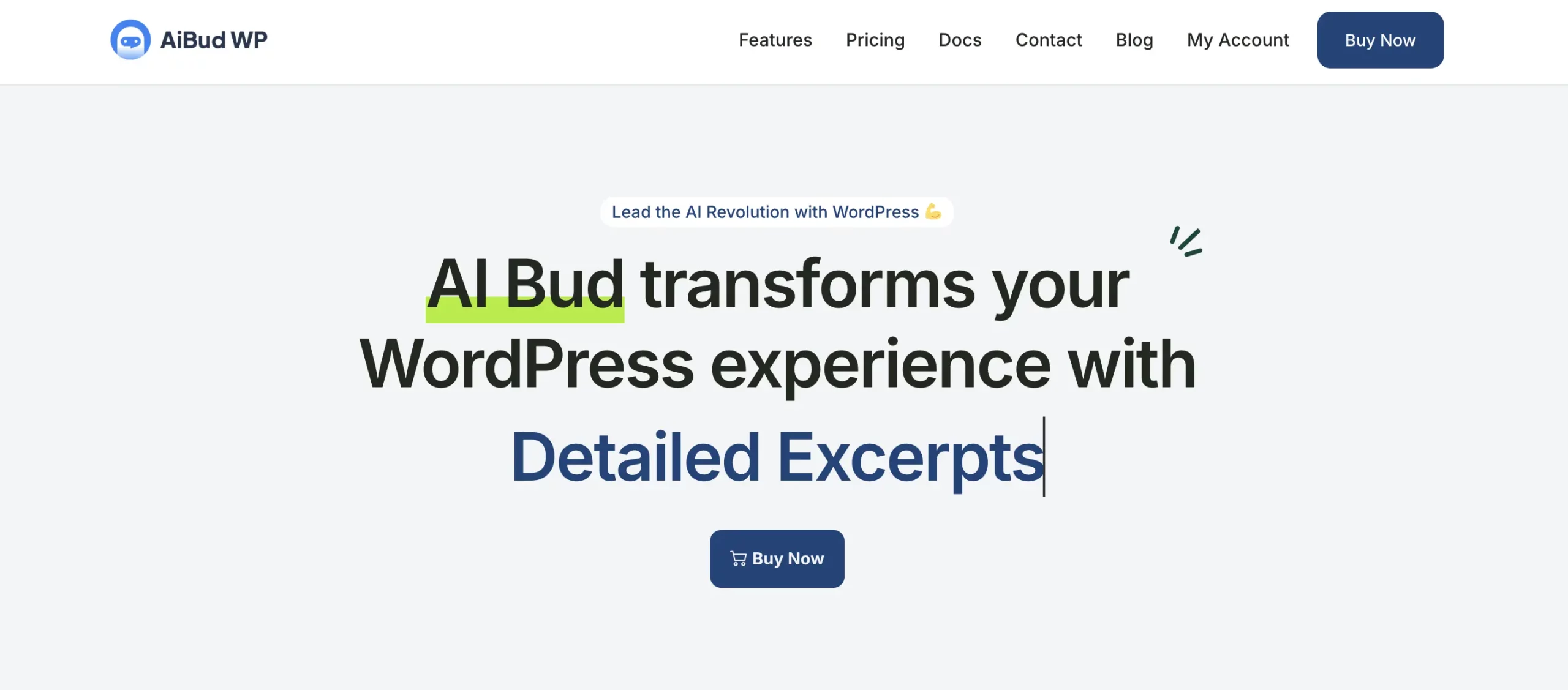In recent weeks, a new term has been making waves across social media platforms, tech forums, and even mainstream news outlets: Aavmaal. While some bills it as the latest innovation in decentralized technology, others view it as a seismic shift in how we understand data privacy, digital identity, and secure communications. But what is Aavmaal, and why is everyone suddenly talking about it?
What Exactly Is Aavmaal?
Aavmaal is an emerging open-source protocol that combines distributed ledger technology, advanced AI-driven verification mechanisms, and zero-knowledge proofs to facilitate ultra-secure digital environments. Initially developed by a collective of cryptographers, AI researchers, and cybersecurity experts in late 2023, Aavmaal aims to empower individuals and organizations to securely exchange sensitive information without relying on centralized intermediaries.
According to the project’s whitepaper, Aavmaal is designed to counteract growing concerns over data breaches, surveillance, and identity theft by creating a trusted yet anonymous framework for communications, transactions, and authentication.
Key Features of Aavmaal
What sets Aavmaal apart from other frameworks is its unique architecture and feature set. Here are some of its standout characteristics:
- Decentralized Identity Verifications: Unlike centralized identity systems managed by governments or corporations, Aavmaal enables users to verify their identity without revealing personal data.
- Zero-Knowledge Proofs: A mathematical method that allows one party to prove to another that a statement is true without revealing any additional information beyond the fact that the statement is indeed true.
- AI-Enhanced Security: The protocol integrates real-time AI monitoring to detect anomalies, enabling proactive threat management and ensuring high levels of security.
- Permissionless and Immutable: Aavmaal operates on a permissionless blockchain system, allowing anyone to interact with the network without prior authorization. Once data is registered, it cannot be altered.
Why Is It Gaining So Much Attention?
The timing of Aavmaal’s emergence couldn’t have been more apt. As cyber threats become increasingly sophisticated, and public trust in centralized institutions continues to erode, Aavmaal offers a compelling alternative. Here are a few reasons fueling the buzz:
- Rising Data Privacy Concerns: From massive corporate breaches to state-sponsored surveillance, individuals are more concerned than ever about their digital footprint.
- Web3 Alignment: Aavmaal’s decentralized ethos aligns closely with the promises of Web3, the next phase in the internet’s evolution focused on decentralization, user ownership, and financial sovereignty.
- Institutional Interest: Several high-profile tech investors and research institutions have shown interest in Aavmaal, lending it significant credibility and visibility.
- Interdisciplinary Approach: By merging expertise from cryptography, artificial intelligence, and cybersecurity, Aavmaal appeals to a broader audience than typical blockchain projects.
Applications of Aavmaal
The use-cases for Aavmaal are both broad and transformative. Experts believe the framework could revolutionize multiple sectors, including:
- Healthcare: Secure and anonymized sharing of medical records between hospitals, insurers, and patients without risking privacy leaks.
- Finance: Enhanced security for digital transactions, identity verification for KYC processes, and fraud detection mechanisms powered by AI.
- Legal Tech: Confidential contracts and secure client-attorney communications.
- Government: Decentralized voting systems and e-governance models resistant to tampering and fraud.

The Road Ahead
Despite its promising potential, Aavmaal is not without its challenges. Scalability, user adoption, and regulatory scrutiny are just a few of the hurdles it must navigate in order to realize its full vision. Furthermore, like any groundbreaking technology, it faces the risk of being co-opted or misused if not carefully governed by the community and aligned stakeholders.
That said, its current trajectory appears positive. The Aavmaal development team has announced an upcoming beta launch aimed at onboarding developers, researchers, and ethical hackers to test and refine the system. This open collaboration model is praised for building trust and transparency within the ecosystem.
Conclusion
In a digital era plagued by mistrust and insecurity, Aavmaal offers a radical yet thoughtful solution. Its emphasis on decentralization, privacy, and technological integrity resonates deeply with a world eager for change. Whether it becomes a cornerstone of the new internet or one of many steps along the way, Aavmaal is a name worth knowing—and a movement worth watching.

